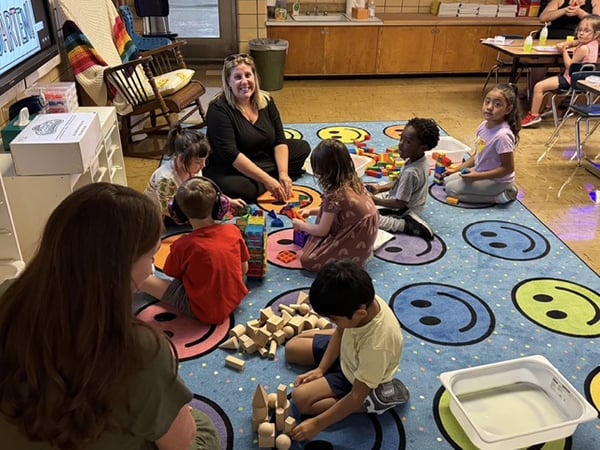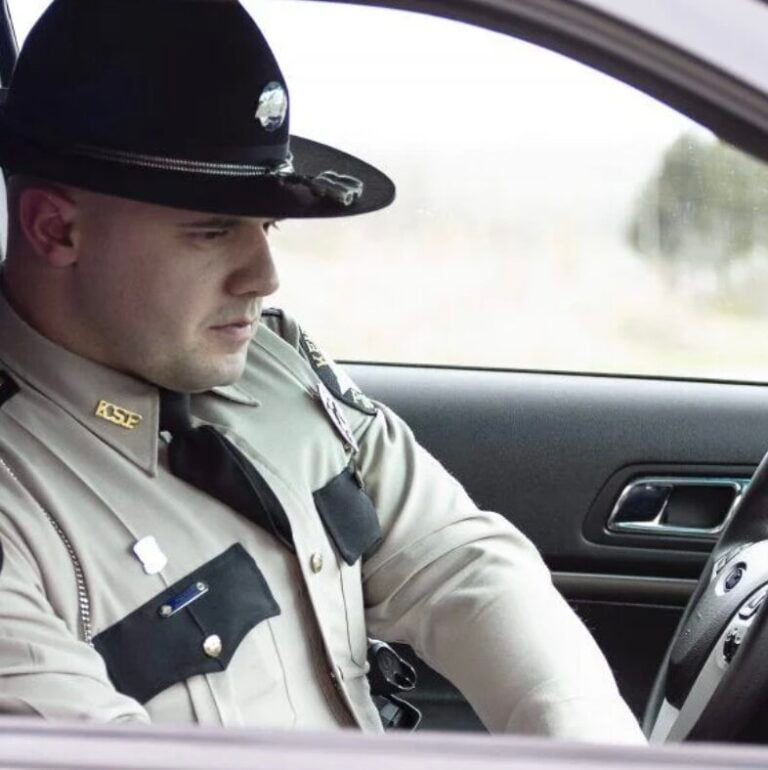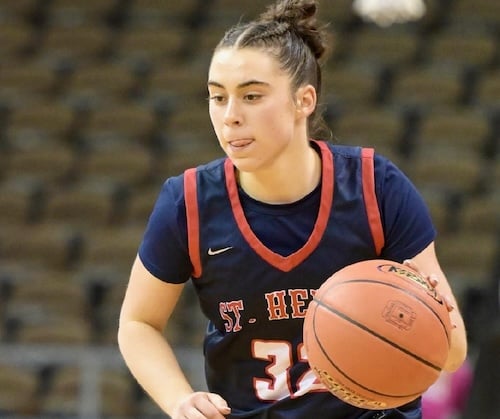
By McKenna Horsley
Kentucky Lantern
FRANKFORT — Questions around the right of Kentucky students to sue for a better public education system were heard in court Tuesday. It’s one of the first steps in what could be a multi-year lawsuit against state officials that harkens back to a landmark decision rendered decades ago.
Franklin Circuit Court Judge Phillip Shepherd heard arguments from both sides for nearly two hours. Attorneys for the students, some of whom are members of the Kentucky Student Voice Team, said the students are entitled to benefit from high-quality public education and have a right to pursue the case. Meanwhile, Republican Attorney General Russell Coleman’s office argued that the students are making claims about a “metaphysical” injury and lack standing to sue.

Now, Shepherd must consider whether to accept the attorney general’s motion to dismiss the case or allow the students’ claim to proceed. He also must consider a motion to dismiss by House Speaker David Osborne and Senate President Robert Stivers, the top Republicans in the General Assembly and defendants in the suit.
The Kentucky Student Voice Team (KSVT), which has about 100 members across the state, is a nonprofit organization and a spinoff of the Prichard Committee, a statewide group that in the 1980s organized grassroots support for school reform in Kentucky. KSVT’s position relies heavily on the Kentucky Supreme Court ruling in Rose v. Council for Better Education, often cited as the Rose decision, which was a 1989 landmark decision that prompted widespread changes to Kentucky’s public education system.
After that decision, the General Assembly in 1990 passed a penny increase in the sales tax to fund the Kentucky Education Reform Act. At the time, the Supreme Court said that Kentucky students “must be provided with an equal opportunity to have an adequate education.” The Rose decision also provided the basis for similar lawsuits to be filed in other states.
The students filed their lawsuit against the state and General Assembly in January. They allege that the state government has “failed to maintain the level of commitment to education required” by Kentucky’s Constitution and past court decisions and “failed to meet their obligation to monitor the efficiency of the education system.” The students also claim the Kentucky Board of Education and Department of Education “have failed to ensure the state’s educational system is constitutionally compliant.”

Attorney General Coleman’s office represents the state in the case. Coleman filed a motion to dismiss KSVT’s complaint in February. He argued that the students are asking Shepherd to “do what the Rose court was unwilling to do: supplant the role of the General Assembly in deciding what constitutes ‘appropriate legislation’ to provide for an efficient school system.”
“The relief the Plaintiffs seek is not of the kind this Court can grant — and even if it could, the Plaintiffs have not demonstrated standing and have failed to join indispensable parties,” Coleman wrote.
While Shepherd questioned him, Aaron Silletto of the attorney general’s office argued that past court cases on constitutional claims require anyone seeking remedies to show how they have been affected individually. He said the students’ initial complaint, which was 70 pages long and included several allegations about the current state of Kentucky education, had generalized situations that weren’t specific to the students listed as parties in the lawsuit.
“A concrete injury means not something that is just theoretical or metaphysically possible or something like that. … Here, we have a laundry list of complaints about the system, but not one of these claims has said in either the amended complaint, the original complaint, or in response, anything more about how that system has injured them, as opposed to just being a deficiency in the system that’s in the air,” Silletto said.
Michael Abate, one of the attorneys representing the students, countered, saying that denying someone a constitutional right is harmful in itself. Among their allegations, the students say they missed out on educational opportunities by not being provided with opportunities in school to think critically or discuss complicated and sensitive issues.

“The loss of a constitutional right is an injury,” Abate said.
Shepherd represented the Prichard Committee in the original Rose case. In his pressing of Silletto on the issue of the students’ standing, Shepherd said that he views public education not as “an individual activity” but rather a commodity for a community at large.
Osborne and Stivers are seeking to be dismissed as parties to the lawsuit. Eric Lycan, who is the general counsel for the House speaker’s office, said in court that they have legislative immunity under previous court decisions. In 2022, the Kentucky Supreme Court ruled that legislators were immune from claims brought by the executive branch challenging the constitutionality of certain laws.
“I would also say that this legislature takes very seriously the constitutional duty to provide citizens with common schools, and if it is the will of the court that the current system is unconstitutional, the legislature stands ready and willing to remake the educational system from the ground up,” Lycan said.
Members of the KSVT held a press conference after the hearing. The students emphasized that the changes they are seeking go beyond a win in the courtroom and called for others invested in public education to support them.
“Our leaders have a choice to make — continue to ignore the glaring issues in our public schools that are threatening to destroy them or use this once-in-a-generation opportunity to make lasting change for the betterment of Kentucky students for generations to come,” said Ivy Litton, a member of KSVT. “Kentucky has led the nation in terms of academic excellence before, and we can do it again.”
Because recent flooding in Frankfort damaged the courthouse downtown, the Tuesday hearing was held in the Kentucky Court of Appeals building on Chamberlin Avenue.
Kentucky Lantern is part of States Newsroom, a nonprofit news network supported by grants and a coalition of donors as a 501c(3) public charity. Kentucky Lantern maintains editorial independence. Contact Editor Jamie Lucke for questions: info@kentuckylantern.com.

















